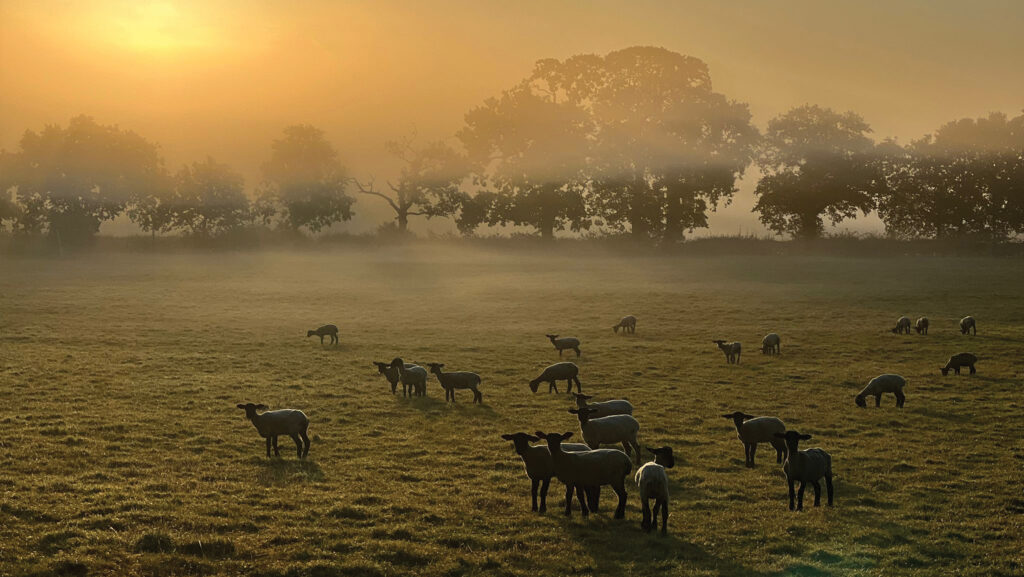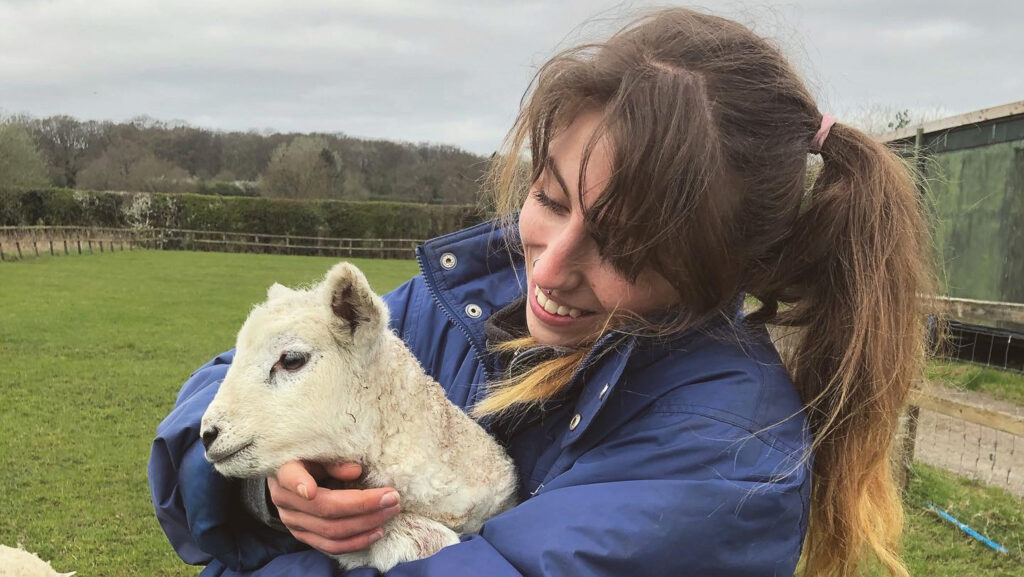Farm and forest school brings countryside to the city
 © Belmont Farm
© Belmont Farm A London city farm and forest school is using 86ha in the capital to connect young people – many of whom may never have left the city – to nature, farming and environmental sustainability.
Combining a working farm with early years education, Belmont Farm Nursery and Pre-School, gives children the opportunity to experience life on the land and understand where their food comes from.
The aim is to educate the public about farming, mental health, and promote regenerative agriculture.
See also: Agriculture student overcomes stroke to pursue farming dream
Farm manager and animal behaviourist Rhianna Deeble says: “A lot of the children who come and visit… they rarely go outside of their concrete jungle, and we offer a snippet of the countryside.
“You see the children decompress… this place is so peaceful and quiet for them.”
Interactive sessions
With more than 20 varieties of animals on site, children take part in interactive sessions, learn about native breeds, and are taught how food is produced responsibly.
“Alongside the farm animals, we have buzzards and red kites, and a lot of the British flora and fauna.
“We can educate young people about the British countryside, and show them how being outside is beneficial and how we need to protect the countryside,” she says.

Rhianna Deeble © Belmont Farm
The team at Belmont tailors visits to supplement what kids learn in school, and future plans include therapy-led animal experiences.
“Talking about food and why we do certain practices to encourage and talk about farming… is so incredibly important, especially for younger generations,” says Rhianna.
“We can show how the symphony of nature is so important… especially to young girls who think that they could maybe be a farmer too.
“I try and hone in my information as much as I can about British farming and how we can support our British farmers.”
Sustainable
Belmont’s sustainable approach includes restoring 1.5 miles of hedgerow, planting 6,000 trees and building animal shelters from repurposed wood.
Managed grazing, solar power, and rainwater harvesting all contribute to reducing its environmental impact.
The farm also protects habitats and native wildlife, while educating children on biodiversity, rewilding and the countryside’s role in the climate.
“Lots of children have different learning styles,” adds Rhianna. “Seeing how things are done in a practical way is invaluable for many of them. School trips like this help keep the curiosity spark alive.”

